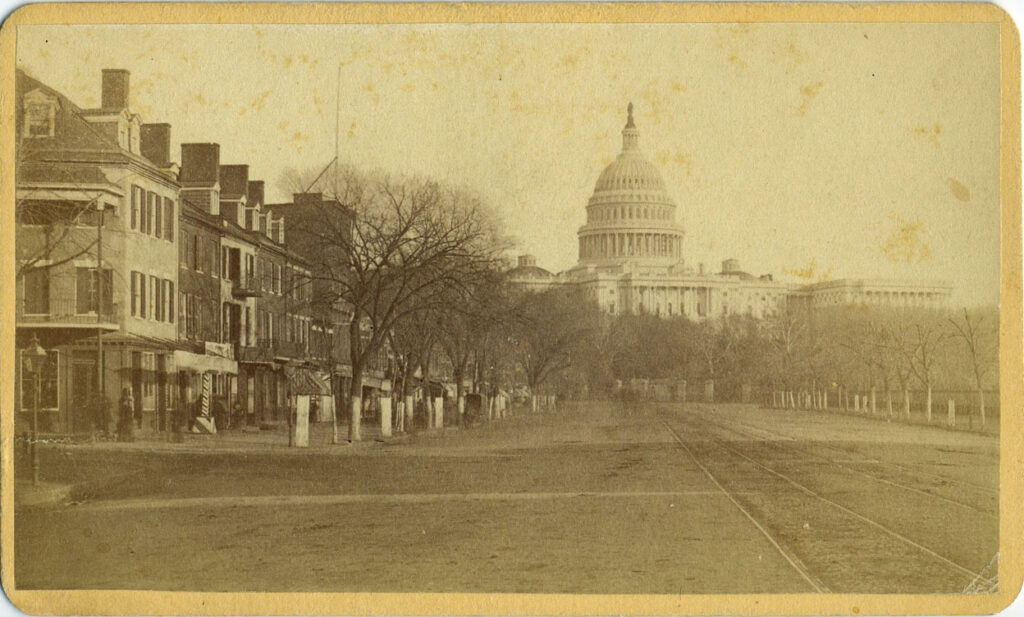Section #22 - The Southern States secede and the attack on Ft. Sumter signals the start of the Civil War
Chapter 278: Tyler’s Peace Conference Is Another Predictable Failure
February 25, 1861
The Peace Conference Comes To An End
Two days after Lincoln’s arrival in the capital, John Tyler’s Peace Conference comes to an end.
As with their many predecessors, the “old gentlemen” have failed to arrive at any breakthroughs despite three weeks of steady debate.
In the end, on February 25, the outcome becomes nothing more than a rehash of the key components in the “Crittenden Compromise,” centered around extending the 36’30” Missouri Compromise line and its sanctions across the remaining western territories.
This is the same approach that has been continuously rejected by the Republicans in Congress.
James Guthrie, head of the Committee of 21, along with many other Southerners are left in despair over the outcome.
To top it off, one day after the final gavel drops, John Tyler sends a message to Virginia urging it to leave the Union.

February 26, 1861
The Delegates Turn To Lincoln For Answers
Lincoln’s arrival at the Willard Hotel causes a stir among the delegates to the Peace Conference, and a steady stream of them call upon Lincoln once he arrives.
Included here are Kentuckians Guthrie, John Crittenden and ex-Governor, Charles Morehead; John Bell of Tennessee, who ran against Lincoln in the election; the staunch Unionist, Alexander Doniphan of Missouri; and a host of Virginians.
All plead with Lincoln to understand the impact of the Republican’s refusal to expand slavery on the South and to assure him that the secessionists are not bluffing. There is nothing “artificial” about the crisis and it will not “go down of its own” if left alone.
Whether these words alter his thinking about the crisis is unknown, but one incident suggests they may have.
It involves his meeting with the venerable Virginia statesman, William Cabell Rives, a fellow Whig, whose long career includes time in the House and Senate and as Minister to France under Taylor. When Rives tells Lincoln that Virginia will secede if force is used against South Carolina, the President-elect reportedly offers an urgent response.
Mr. Rives, Mr. Rives, if Virginia will stay in, I will withdraw the troops from Fort Sumter.
With only a week left until he is sworn in, avoiding the prospect of bloodshed is very much on Lincoln’s mind as he crafts his Inaugural Address.